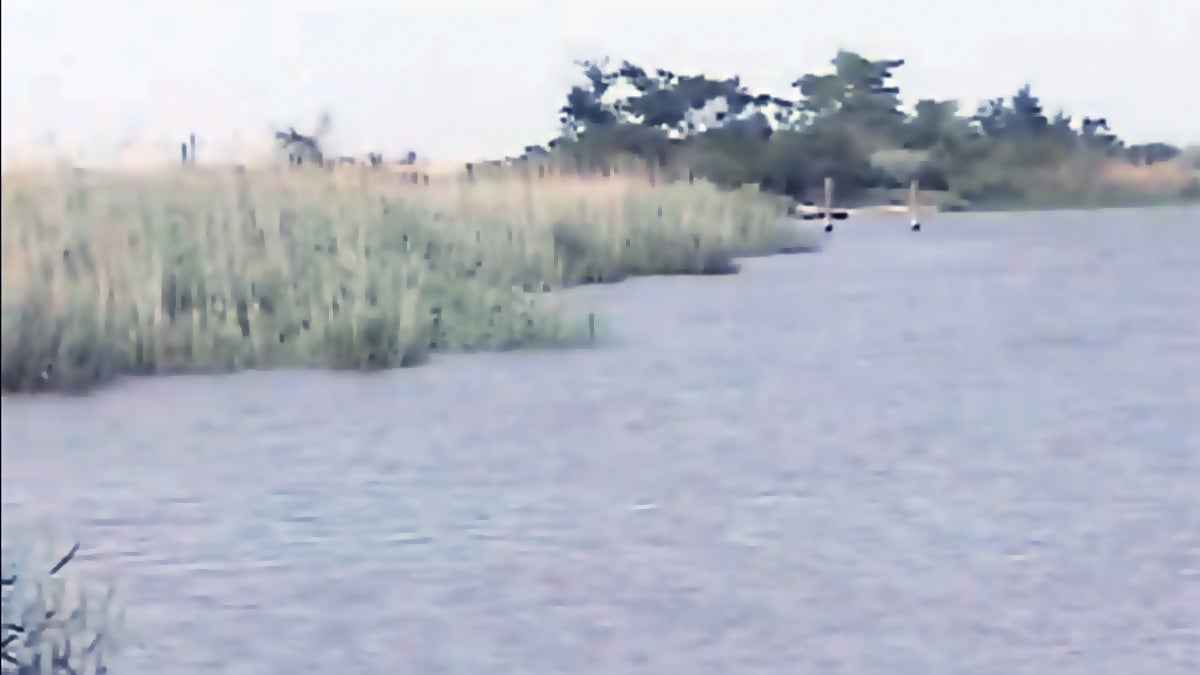First steps approved for a more ‘business friendly’ Coastal Zone Act in Delaware

Legislation that aims to revamp the Coastal Zone Act and make way for the repurposing of abandoned industrial sites in an attempt to make Delaware more business-friendly has been cleared for a vote.
The legislation, sponsored by State Rep. Ed Osienski, D-Newark, and State Sen. Bryan Townsend, D-Newark, was voted out of the General Assembly’s Natural Resources committee Wednesday.
“I’m hoping this legislation puts the sign up that Delaware is open for good stewards of our environment who are willing to come to Delaware and create meaningful jobs and protect our coast line,” Osienski said.
The legislation, supported by Gov. John Carney, D-Delaware, would create a permitting process for the redevelopment of 14 industrial sites, including those that are abandoned or contaminated.
The bill also would allow new bulk product transfer operations at sites that had piers before 1971, when former Delaware Governor Russ Peterson signed the CZA into law in 1971.
The legislation still places restrictions on some heavy industry uses that didn’t exist in 1971, such as oil refineries, steel mills and liquefied natural gas terminals.
Supporters of the bill say current CZA rules are too restricting on businesses and prevent new businesses from locating to Delaware. However, those against the legislation argue current restrictions are necessary for a clean environment
The CZA, which was created to protect the Delaware bay and the state’s shoreline from heavy industrial development, currently prohibits transferring bulk goods by ship, and also puts restrictions on repurposing abandoned property.
Currently an abandoned site can only be repurposed for its previous use. For example, the old Chemours site, along the Delaware River north of downtown Wilmington, can only be used for a titanium dioxide operation, which Department of Natural Resources and Environmental Control Secretary Shawn Garvin said is limiting.
“The Governor, the department, feels the opportunity to take these sites, put them back into productive use. It could be heavy industry, it could be manufacturing, that supports the economy but also focuses and supports the intent of the CZA, which is focusing on the environment, natural resources, the public health of the state and citizens of Delaware,” he said. “I think this bill provides us that path forward. There are environmental regulations in place that exist now.”
There are currently three abandoned industrial sites in Delaware through the Coastal Zone Act, and two that are not in operation but are set to be restored.
On Wednesday, legislators listened to dozens of members of the public for about two hours, including environmentalists opposed to the bill and businesses who are advocating for it.
Business leaders say the legislation will provide opportunities to clean up sites, provide jobs and create revenue for the state.
They say current CZA restrictions are forcing business out of Delaware.
“The challenge is that the CZA is high-risk for companies that are thinking of moving here,” said Patty Cannon of Delaware’s Economic Development Office.
“I have never personally not heard anyone say that DNREC is so warm and fuzzy and friendly—that has never been their perception.”
Those against the bill say their biggest concern is the potential risks of allowing for bulk product transfer.
“One spill could have disastrous results along the entire length of river,” said Peggy Schultz of the League of Women Voters.
Osienski said he believes bulk transfer has become safer over the years, and placing restrictions on it hurts businesses.
“Bulk product is very crucial to any industry on a major coastline,” he said. “It’s part of the transportation infrastructure for heavy industry. I think without it we would not be attracting the job creators we want here in Delaware.”
Several of the bill’s opponents also said there hasn’t been enough public input on the legislation, which has been in the works for three years.
“We do not believe this bill allows for public dialogue as needed to address all the concerns of the environmental community and the industrial community,” said Brenna Goggin of the Delaware Nature Society. “If we can have a stakeholder process and multiple town halls around the legalization of marijuana, about budget concerns and education, but we can’t have one hour dedicated to Delaware’s foundational environmental legislation I ask, ‘What is wrong?’”
Osienksi said he met with some environmental leaders in the community to discuss the bill when he was drafting it, however.
The representative said if there were strong suggestions for improving the bill he would consider an amendment. However, he doesn’t believe opponents have currently offered any alternatives.
“I was disappointed there wasn’t a lot of suggestions or new or ideas,” Osienski said. “It was just, ‘Let’s stop the process and start all over again.’ I don’t think that’s really productive.”
The majority of Committee members voted to release the legislation, with the exception of Rep. John Kowalko, D-Newark, who said the bill jeopardizes the environment to please special interests.
“I think its failure of the political process for us to ignore the value of this planet…and the health of our citizens,” he said.
WHYY is your source for fact-based, in-depth journalism and information. As a nonprofit organization, we rely on financial support from readers like you. Please give today.





